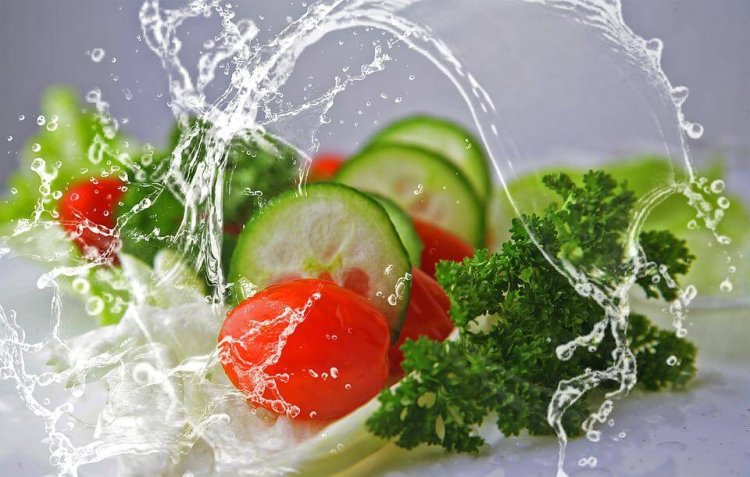10 Vegetables to Help You Live a Healthy Life
Virtually any vegetable is good for you, but some are better than others. Here’s a list of Vegetables to Help You Live a Healthy Life.

Vegetables to Help You Live a Healthy Life: Eating fresh vegetables is one of the easiest choices you can make to improve your health and prevent countless chronic diseases. Virtually any vegetable is good for you, but some are better than others. Here’s a list of Vegetables to Help You Live a Healthy Life.
10 Vegetables to Help You Live a Healthy Life
- ONIONS are high in vitamin C, and provide calcium, iron, folic acid and dietary fiber. And because they can kill H pylori bacteria, they may also help prevent—but not treat—stomach ulcers.
- KALE provides a daily dose of vitamin A, and it supports bone health with vitamin K. It has more vitamin C than an orange and more calcium than an eight-ounce glass of milk. Not to mention, it also packs 3.3 grams of protein. Yes, we all know kale is good for us, but here’s what you might not know about this nutritional powerhouse: It’s also a good source of omega-3 fatty acids, which means it can give your brain a boost and help fight depression. Those same fatty acids, along with kale’s quercetin supply, will fight inflammation and help prevent or alleviate arthritis.
- SPINACH and kale are close competitors. This leafy green vegetable is rich in nutrients and antioxidants, and it has 2.9 grams of protein. Spinach is loaded with lutein, which keeps your eyes healthy and sparkling. Spinach is also a good source of vitamins B, C and E, potassium, calcium, iron, magnesium and omega-3 fatty acids.
- BELL PEPPERS are an excellent source of vitamin B6, which is used to help regulate your metabolism and enable the cells in your brain to communicate with one another. One red bell pepper will provide almost twice your daily requirement of vitamin C. Bell peppers also contain minerals, including potassium, zinc and manganese.
- CARROTS are good for your eyesight. The beta-carotene that makes them orange is converted into vitamin A by your body, which can help protect you from macular degeneration, as well as glaucoma. Eating carrots can even help improve night vision.
- CELERY has only 10 calories in a large stalk—but it also delivers phthalides, which are thought to act as a natural diuretic. Those same phthalides support the circulatory system and can help reduce high blood pressure.
- MUSHROOMS contain vitamin D and long-chain polysaccharides that can help boost your immune system to help you fight the common cold.
- BRUSSELS SPROUTS contain more anti-carcinogenic compounds, called glucosinolates, than any other cruciferous vegetable.
- GARLIC is antibacterial and antiviral. Fresh garlic may help prevent some cases of food poisoning by killing E coli and salmonella bacteria. Garlic been credited in studies withlowering blood pressure and cholesterol, protecting the heart, boosting the immune system and regulating blood sugar levels.
- EGGPLANT is a rich source of vitamin C, K, B6, thiamin, niacin, magnesium, phosphorous, copper, dietary fiber, folic acid, potassium and manganese. It also contains almost no cholesterol or saturated fat. This vegetable provides a unique range of health benefits, including the ability to:
- Help build strong bones
- Prevent osteoporosis and some cancers
- Reduce symptoms of anemia
- Increase cognitive function
- Improve cardiovascular health
- Protect the digestive system
- Aid weight loss
- Manage diabetes
- Reduce stress
- Protect infants from birth defects
Also read: Benefits of Vegetables List and Their Names for a Better Life













